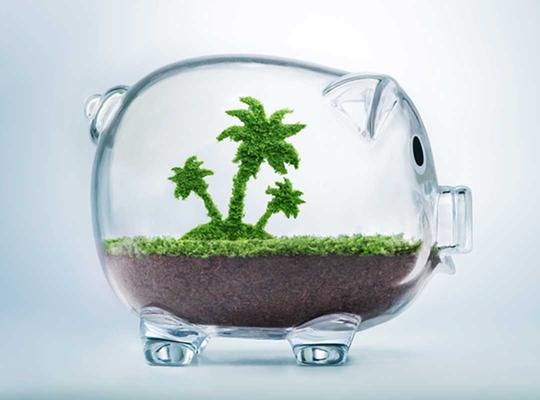You are here
Ecorealism is still needed in the European Green Deal

“The EU’s Green Deal is a proactive scheme to not just meet but even exceed climate goals, yet it has no detailed financing plan and no public support,” the N-VA says. Furthermore, the EU is dishing out a thousand billion euros for this scheme, while asylum and migration for example have to make do with much less.
Regarding climate policy, the EU is turning things up a notch without looking up to see if the rest of the world is still following. It is not just the climate challenge that the EU needs to face, and there are other issues about which citizens worry that need resources. Think for example of migration, security and jobs.
Subsidies for coal burners
“A Green Deal of a thousand billion euros requires efficient measures and realistic goals. Indeed, the KULeuven confirmed this fact to us once again this week. A strong dose of ecorealism is therefore needed, and the EU could definitely use some too,” the N-VA says. Taxpayers in the member states are providing the lion’s share of that allocated amount of a thousand billion. It is being taken away from other funds that we use, and now appears to be going to the laggards in the group. It seems that coal burners like Poland, Germany, Romania and the Czech Republic are due to get most of the money. Nevertheless, Flanders, as an energy-intensive region, has considerable challenges of its own.
“We’ve already long since renounced electricity from coal, and now it appears that we will have to cough up for regions that didn’t. Regions that what’s more cause billions of euros’ worth of damage to health, not just there, but here too,” says the N-VA.
Ecorealism is needed
The EU is responsible for only 10% of global emissions, and that’s the reason we must invest more in innovation to develop new applications here in Europe from which the rest of the world can benefit as well. It is no coincidence that this is also a key point in the N-VA’s ecorealistic narrative, as confirmed by the report by the Metaforum at KULeuven. It is possible to tackle the climate issue globally in a feasible and also affordable way, without derailing our economic growth.

